Sidequests carry quite a power. They set the tone of a world, reveal its conscience, and give players room to care. A great one does not feel like a checklist; it feels like a memory. Many of the most loved games earn loyalty here, as small stories show what the main plot cannot. These moments often happen unexpectedly: a dusty road meeting, a notice board request, a campfire rumor. The best respect time, teach about place, and reward attention with engaging scenes after credits.
Red Dead Redemption 2 shows the weight of small stories
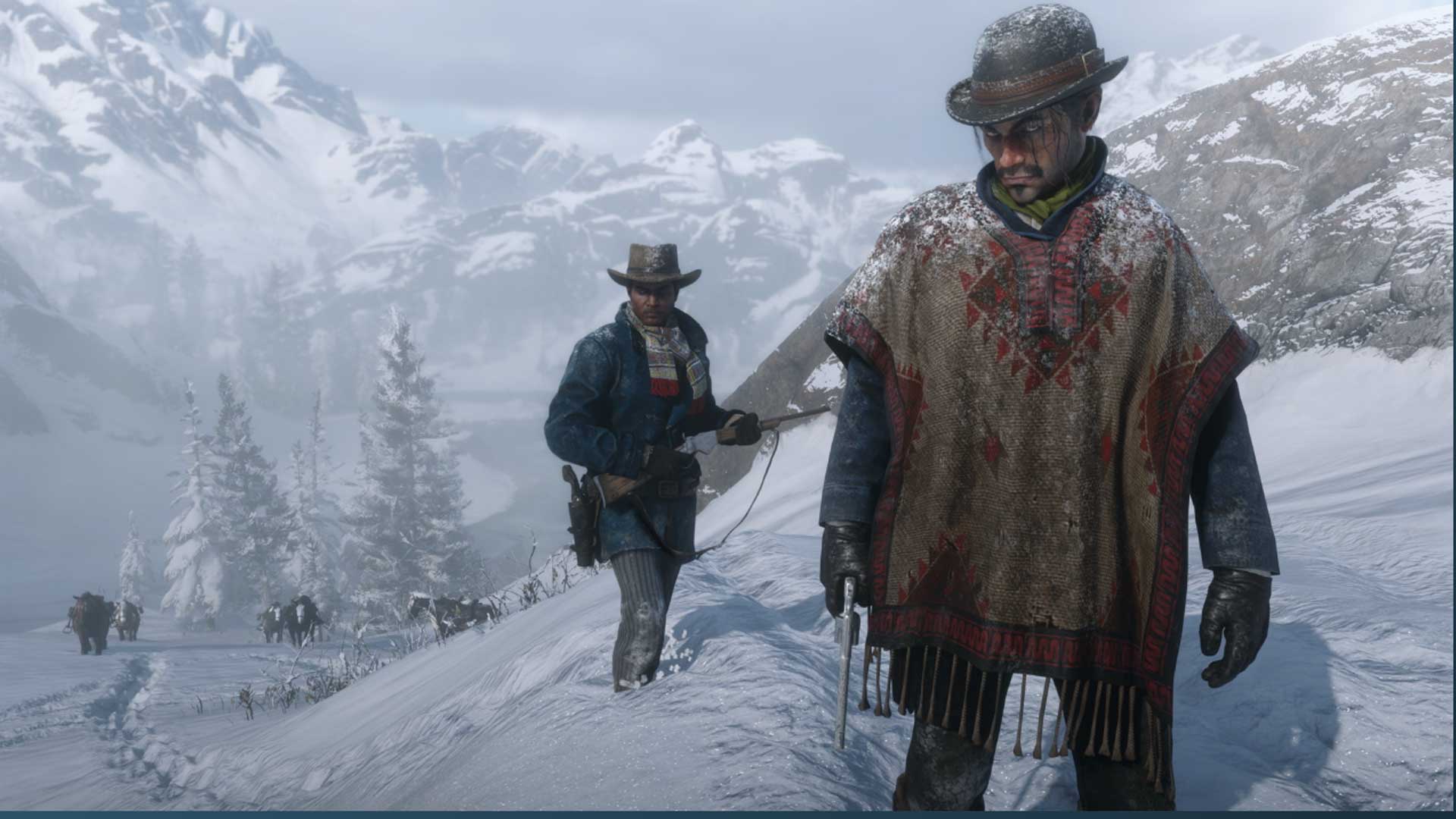
Sidequests on the frontier breathe because they slow time. A widow learns to shoot, a veteran finds calm by a lake, and a wildlife scholar chases an impossible ledger of species. Each thread changes how the plains feel and reshapes Arthur’s edges. The American setting also nudges a practical thought outside the fantasy: rules differ by state, and expectations do too. For a clear look at how access and formats are handled in Texas (useful context when a game world brushes against real places), just read more on CasinoBeats.
The Witcher 3 turns errands into turning points
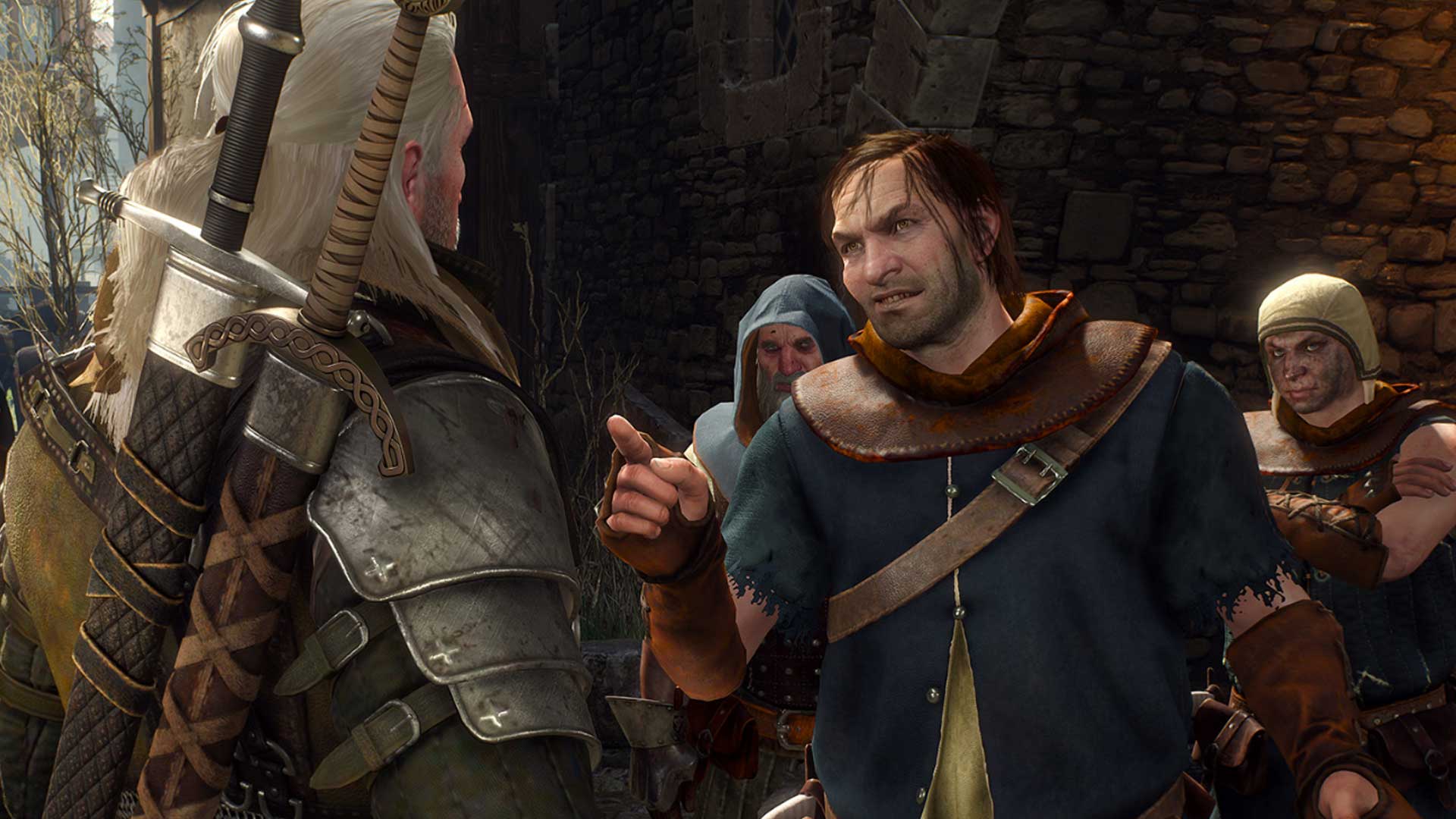
A job for a grieving baron starts like a favor and ends as a reckoning. Choices echo long after the quest reward screen disappears. The trick is simple: sidequests are treated as stories, not chores. Stakes stay human. The writing leans on motive, consequence, and folklore rather than hollow scale. Players notice because the map feels lived in when small arcs carry the same care as the main line.
Yakuza proves odd jobs can be the heart

On paper, helping a dominatrix find her voice or delivering a pocket tissue seems throwaway. In practice, these vignettes turn the city into a stage for humor and empathy. Combat sits beside karaoke without strain because tone gets exact attention. The result is rhythm: brawls, jokes, friendship, then another absurd job that somehow lands with real feeling. The series shows how side work can define identity.
Majora’s Mask makes time the real quest
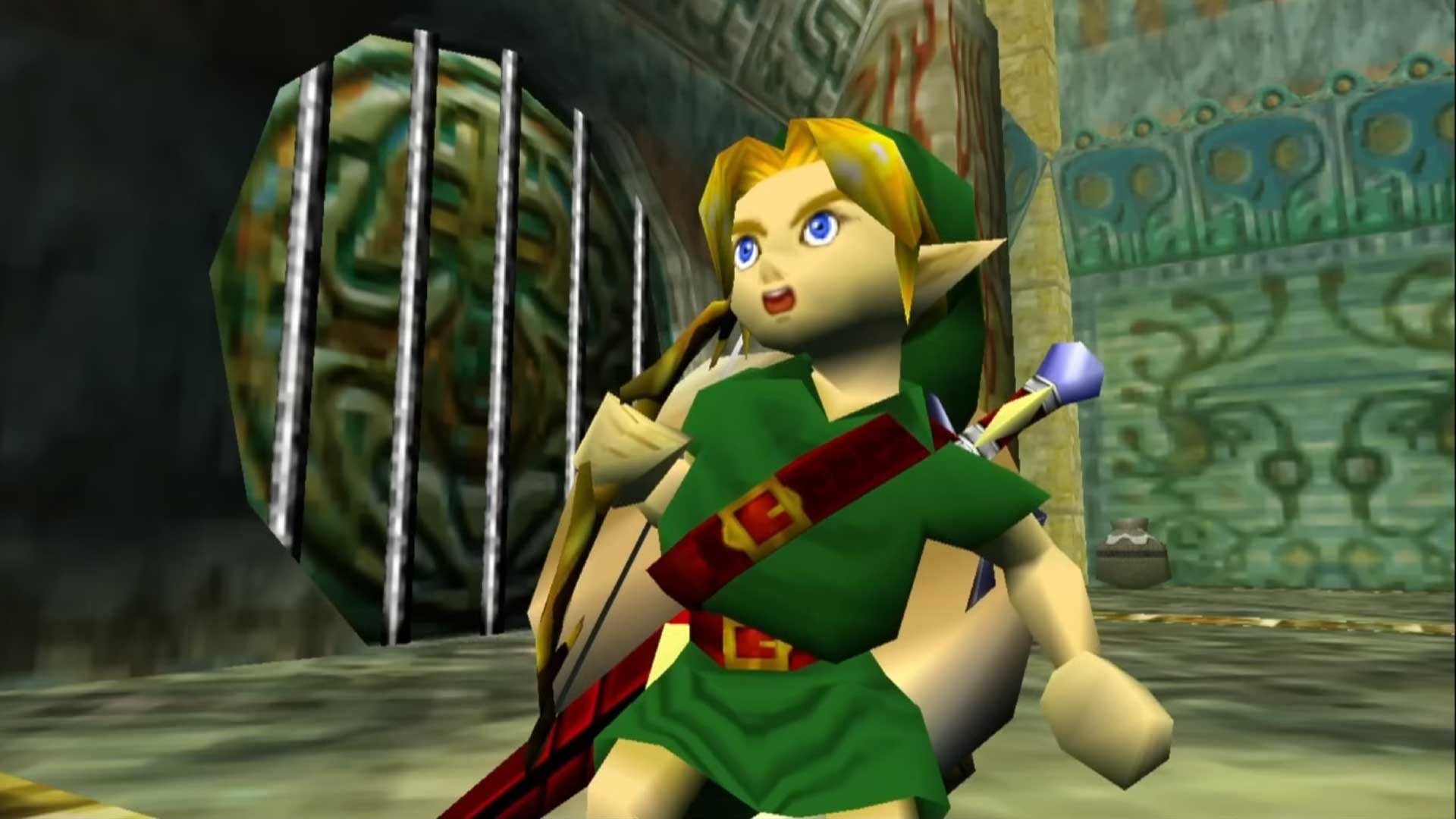
Clock Town works like a character. Each resident keeps a schedule, hopes, and fears across a loop that ends under a falling moon. Sidequests here are acts of care under pressure. Helping Kafei and Anju reunite remains one of the medium’s gentlest feats, not for difficulty, but because empathy becomes the timer. For a wider context on game heritage and preservation, see the Smithsonian American Art Museum’s The Art of Video Games exhibition, which documents how design evolves while core ideas endure.
Fallout: New Vegas rewards aligned choices
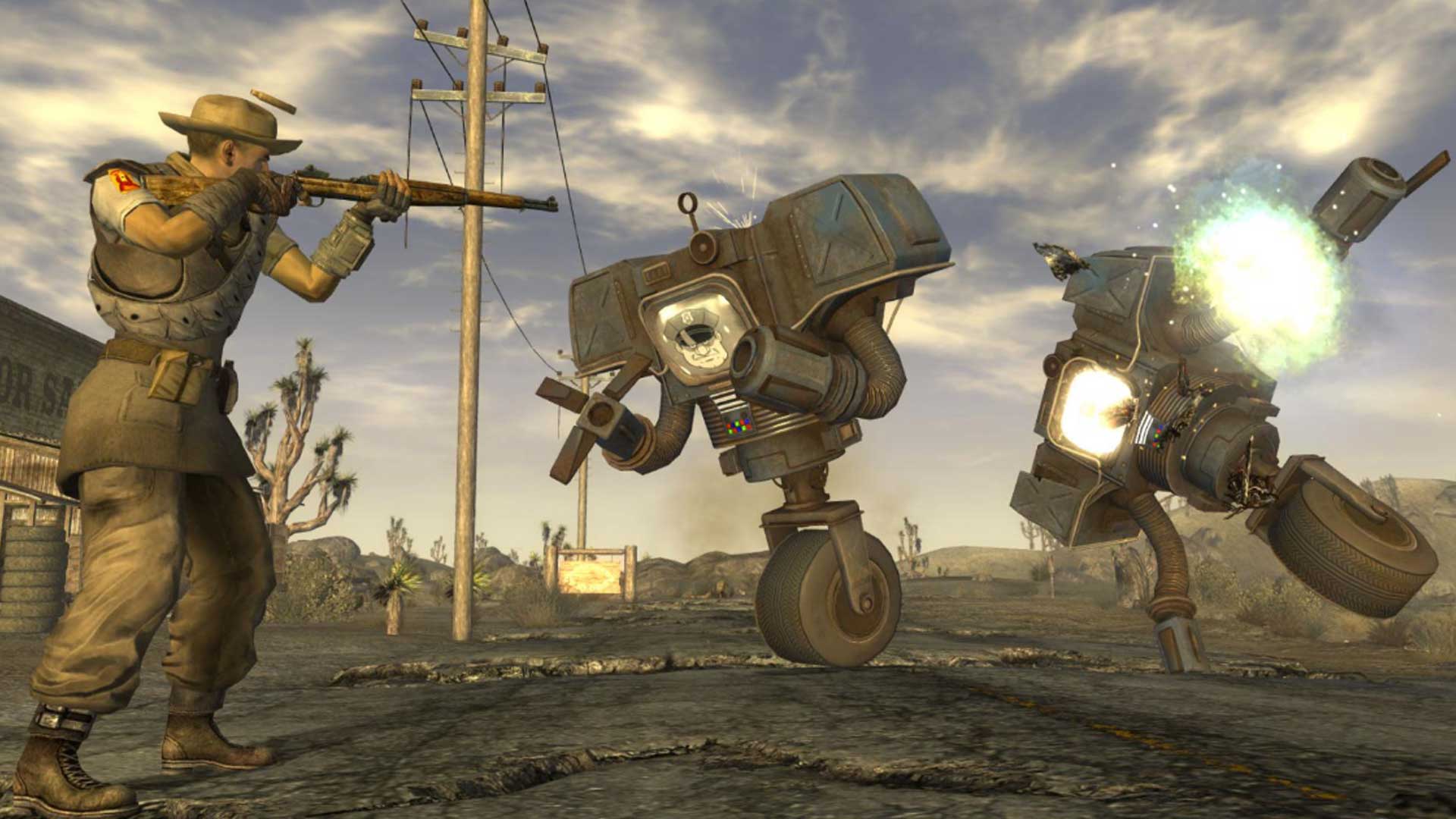
The Mojave is full of favors that test judgment rather than aim. A factory asks for a stance on robots. A town needs a sheriff, but the candidates carry tradeoffs that ripple later. Sidequests become a mirror for values. Numbers still matter, yet words and allegiances carry equal weight. That blend turns optional paths into the real portrait of the courier.
Elden Ring hides character arcs off the beaten path
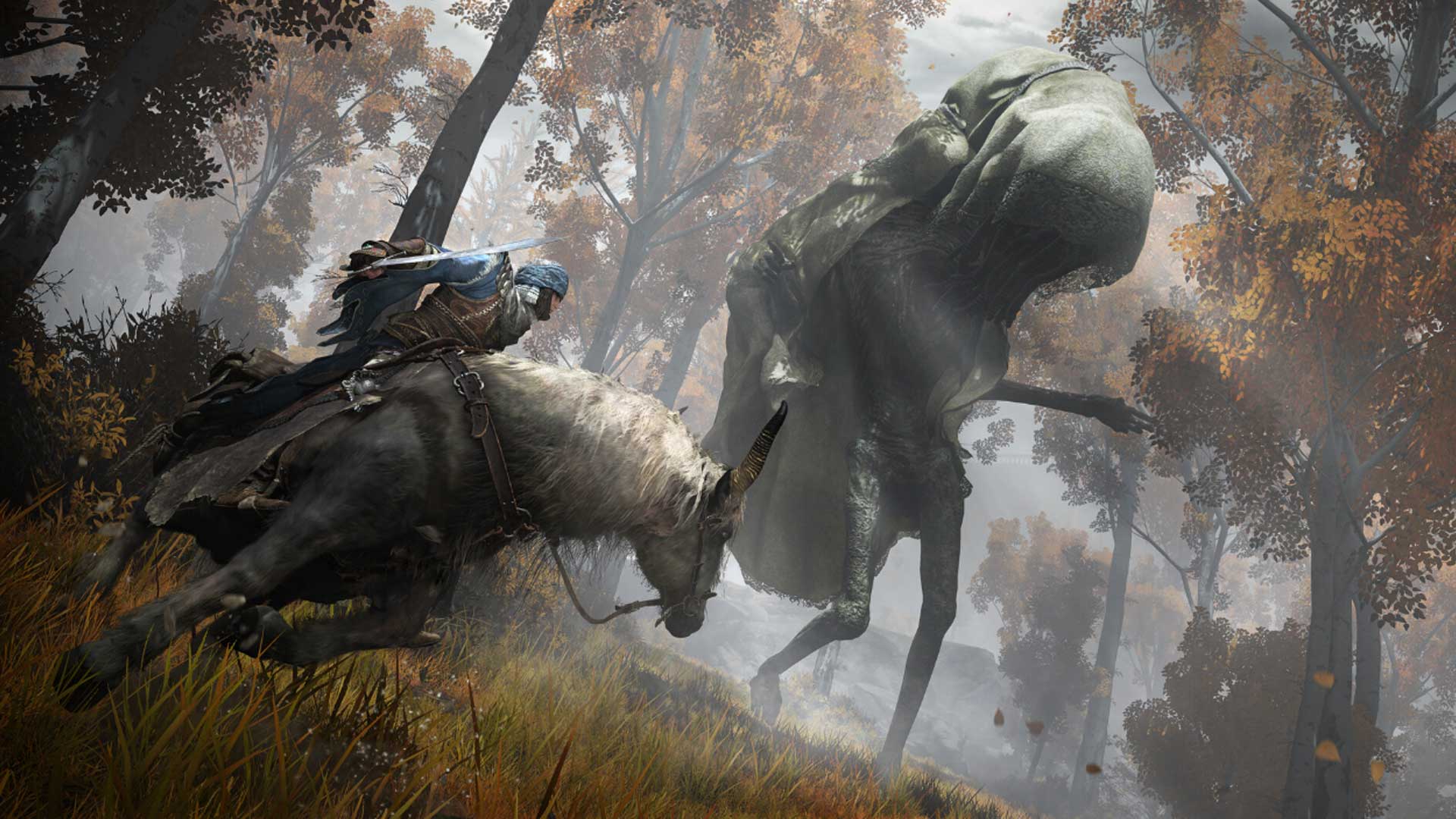
Missable lines define the Lands Between. An NPC left alone may break. Another thrives if found at the right moment. The best chains weave through distant regions and draw exploration without waypoints shouting. Mystery serves as a design tool. Players trade notes, celebrate discoveries, and accept that not every thread can be saved in one run. Optional does not mean minor. It means personal.
Nier: Automata asks what mercy costs
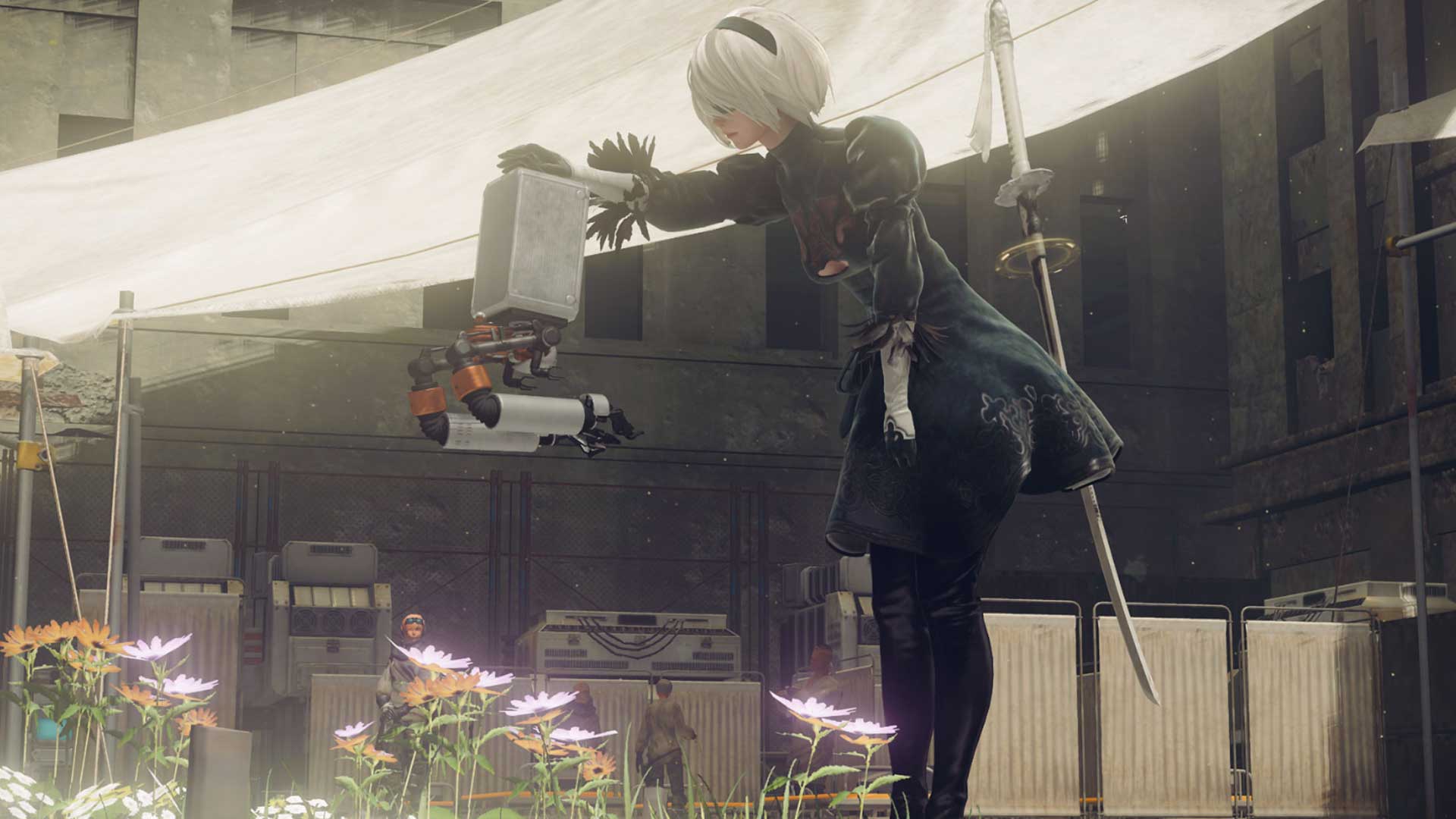
A request from a pacifist machine or a lonely child unit reframes the war. Rewards matter less than the questions asked. Who deserves help? What is forgiveness worth when memory can be edited? The game ties the side work to the theme with rare discipline. After hours of errands, a simple choice can feel heavier than a final boss, because the errands built the case one conversation at a time.
Mass Effect 2 treats loyalty as narrative steel
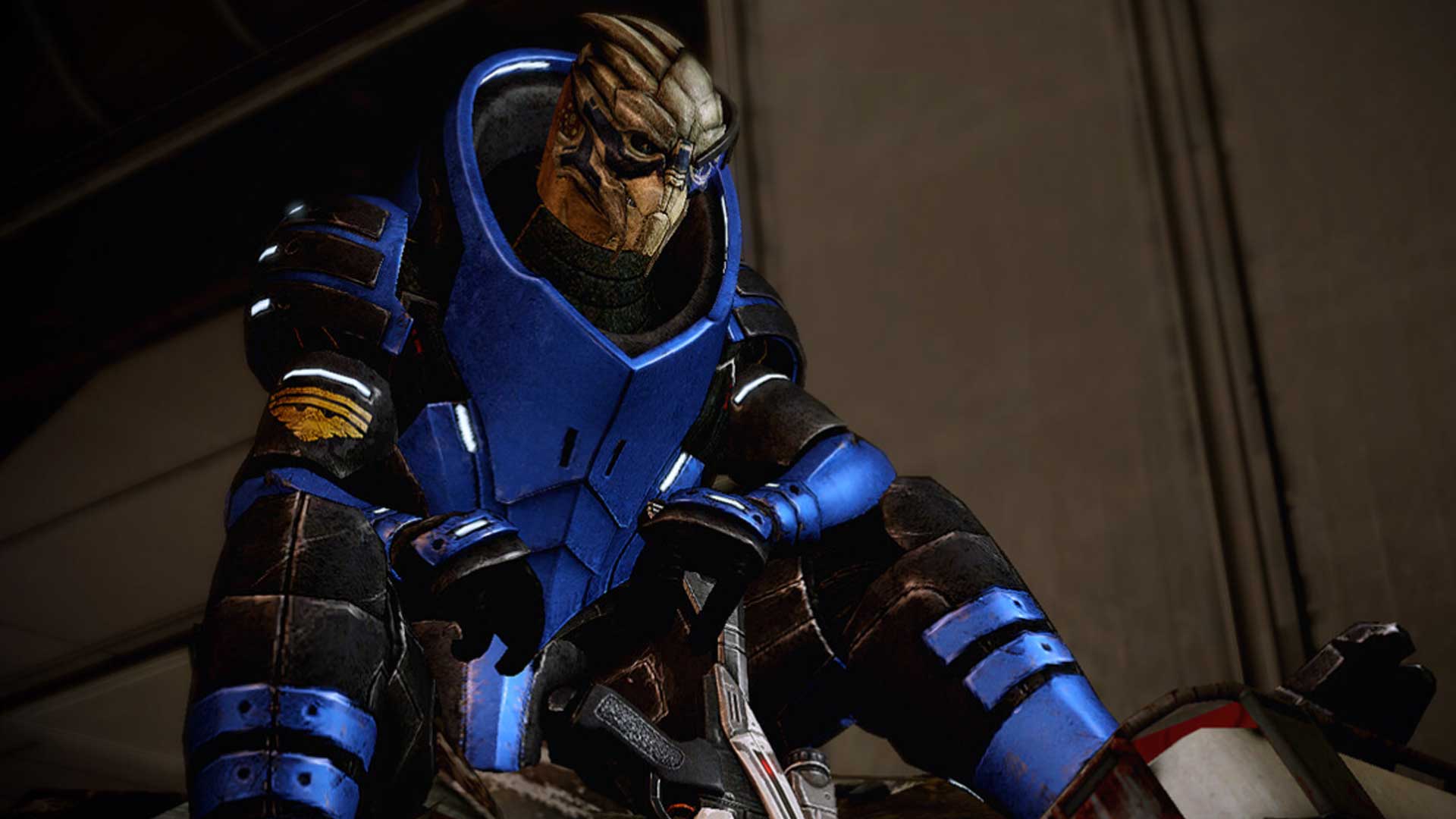
Each squadmate’s loyalty mission doubles as a character study and an insurance policy. Resolve fears, settle scores, and the final push gains real odds. Skip a thread, and the crew may not all make it home. These are sidequests that sit beside the spine of the story, yet decide how it ends. The lesson is clear: optional content can be the hinge on which the whole adventure swings.
Why sidequests stay with players
Optional content shines when it changes how the world reads the player. A rescued stranger returns later. A village remembers a name. A meal shared before a storm becomes the scene that sticks. For a broader context beyond any single title, The Strong’s World Video Game Hall of Fame curates essays and inductees that explain why certain quests endure. Sidequests last when they respect time, reward curiosity, and treat attention as a promise rather than a transaction.

